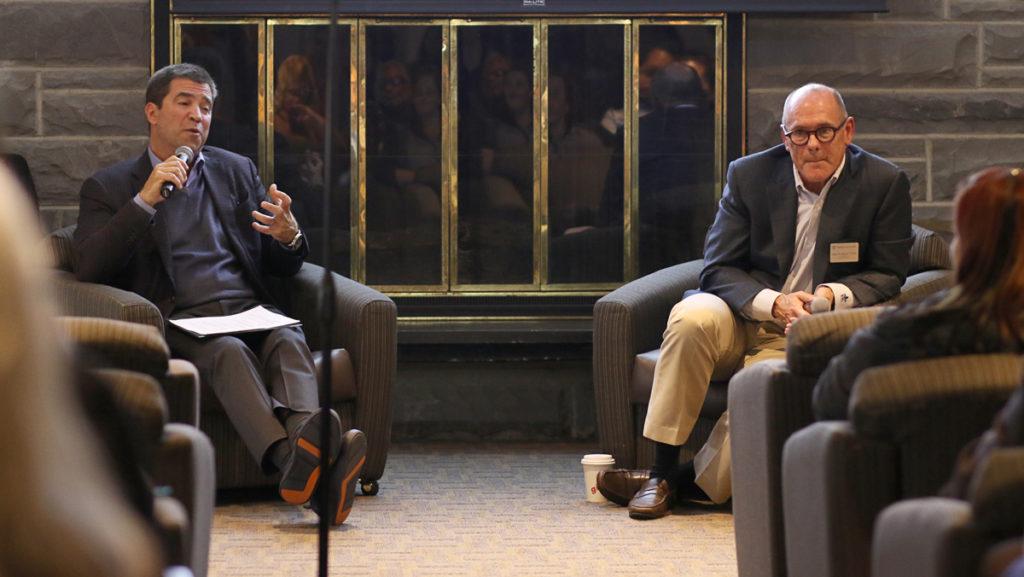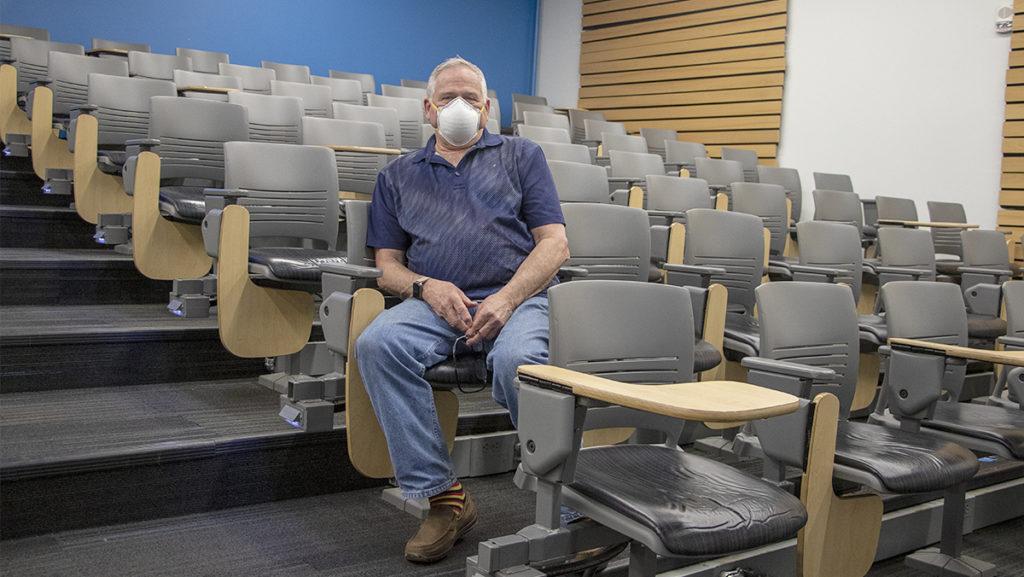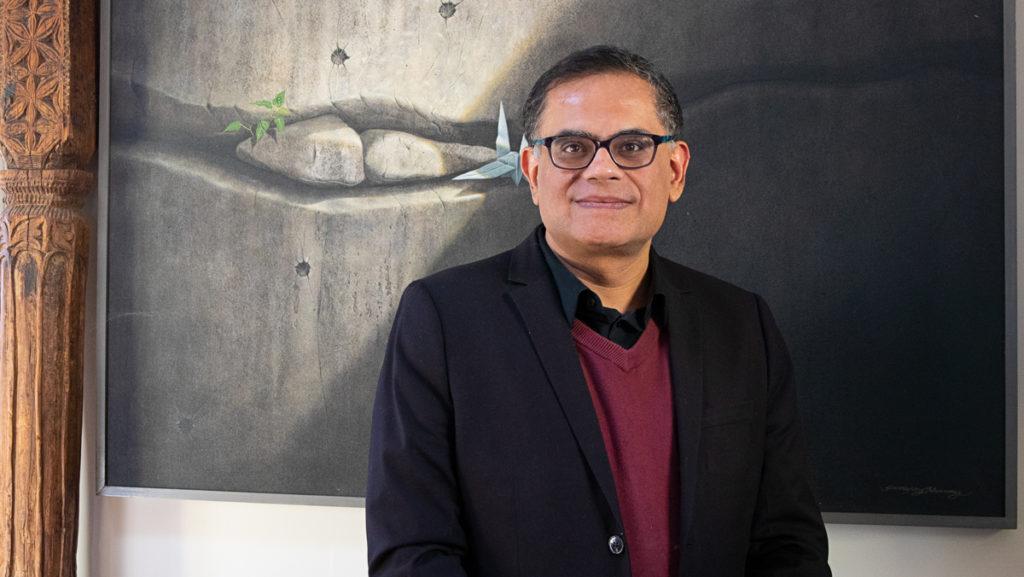Ithaca College alumni have not been consulted about the “Shape of the College.” Two weeks ago, alumni sought to rectify this gap by organizing a virtual Town Hall. It was attended by nearly 150 community members who expressed serious concern with the Senior Leadership Team’s (SLT) decision to cut important members of our community. These concerns have been echoed in national coverage as well as the numerous heartfelt testimonials alumni have provided.
We shared our collective concerns with the Board of Trustees through our alumni letter, which includes a pledge to earmark donations to preserve people and programs. We are excited about realizing this pledge and becoming recognized as more substantive participants in IC’s public, pedagogical and financial future. It is our professors and programs we remember, and it is to them we want our donations to flow.
Our letter was accompanied by a request to meet with the Board and SLT. On Feb. 15, Board Chairperson David H. Lissy responded via email that such a meeting is “impossible.” President Collado also declined a meeting with our network, without explanation, even though she touts she is always “listening.” Considering so few alumni have been able to speak with the SLT directly, the stakes are far too high to write anything off as “impossible.”
Lissy shared that the board met with the Alumni Association Board of Directors and had a “productive dialogue,” but the majority of alumni were neither informed nor involved with these behind-the-scenes meetings and, thus, were not adequately represented. In fact, more than forty alumni reached out to the Alumni Association requesting they make a statement about the proposals. To date, no statement has been made.
To say we already had our opportunity for dialogue while effectively shutting us out from all meaningful communication channels speaks to a broader pattern of administration siloing that prioritizes money over students, isolates the alumni base and denies us an opportunity to present and promote real ideas and potential solutions based on our own deep collective knowledge of the college.
The administration insists cuts are necessary because of widespread decreasing enrollment, but such claims run counter to national and regional evidence. In Fall 2019 and 2020, enrollment across the state was down by 1.8% and 4.1% respectively, but at IC by 4% and 17%, making IC an outlier. At the same time, many other private colleges in upstate New York have increased enrollment. When other schools are not experiencing the same problem, it begs the question: Why has enrollment at IC become so comparatively limited? Surely it’s not COVID-19 alone. Surely it warrants a closer look.
It also remains unclear how the cuts, resulting in a projected increase of $7–8 million in annual revenue, would improve IC’s financial situation to any degree that would counterbalance the costly demoralization and disillusionment among faculty, students, staff and alumni that has already taken place since they were announced. The lost revenues in tuition, a result of deliberate enrollment downsizing, are significantly more than any windfall from staff, faculty and program cuts. For an institution that has regular annual expenses over $350 million, there are certainly other ways to balance the budget. According to the June 30, 2020, audit, for example, IC has more than $90 million in investments not encumbered by donor or board restrictions that could be made available within one year to meet general expenditures. The majority of IC’s assets in endowment also do not have donor restrictions.
Real equity would require sustainable endowments; real faculty governance would mean both open books and an openness to the processes of collective bargaining; real sustainability would be holistic, not a slash-and-burn that keeps administrative bloat, financial accumulation and outsized service spending intact. A real liberal arts mission, more to the point, would mean cherished programs are preserved and workers are considered indispensable.
The fallout from the current path will be dire. It will further alienate the alumni base, sever institutional memory, erode degree value, increase unsavory public relations, dilute the educational experience and dampen donations, forever changing the landscape of what has made IC distinct and valued. This is not the future we want, but it is the one that leadership is shuttling towards with hastened and myopic pace. It is time to acknowledge that the strategic plan has failed and has already fractured our community. We must now take the time to pool our creative and critical resources for a truly sustainable vision.
Sincerely,
Chris Zivalich (’12); Sara-Maria Sorentino (’08); Sarah Grunberg (’08); Greg Peterson (’09); Samantha DiFalco (’18)



















